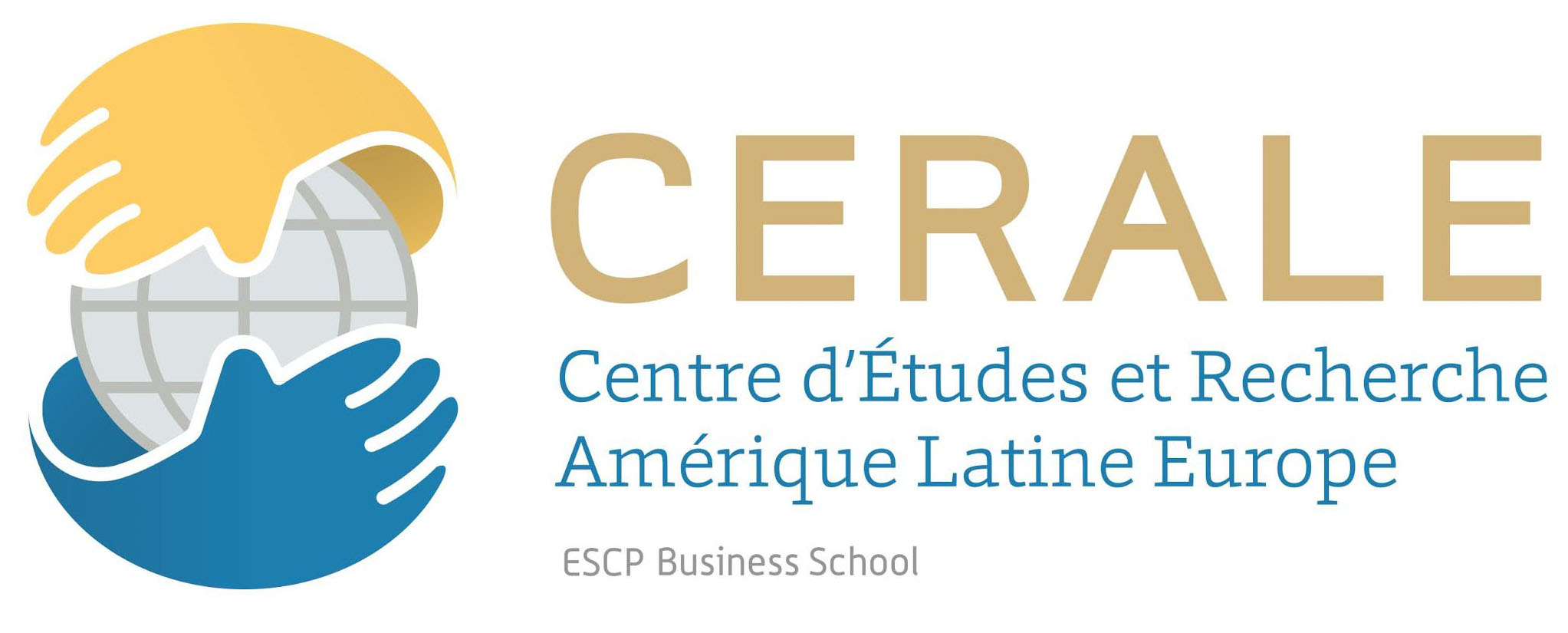19 -20 novembre 2009 – VIIè Congrès annuel de l’Institut des Amériques
«Les Amériques face à la crise» co-organisé par le CERALE et ESCP Europe
Au cours de ces deux journées, la réflexion s’est organisée autour de quatre tables rondes : «Penser la crise«, «Anatomie de la crise», «Crise et travail», «Crise, créations et avenirs». Déclenchée par la crise de confiance sur les crédits immobiliers américains, la crise actuelle est associée dans son point de départ à l’Amérique, comme l’avait été celle de 1929. Cela a amené les intervenants à poser de diverses manières une question fondamentale : l’Amérique est-elle le continent matriciel de la «crise» ?
La Conférence inaugurale d’Edgar Morin, qui a réuni un public nombreux dans l’amphithéâtre Liard, offre une analyse du concept de «crise», dans sa profondeur historique et dans la perspective d’une réorganisation systémique de l’actuel processus de mondialisation.
Sont également intervenus :
Pascal Morand, Directeur Général ESCP Europe, « Crise et création : quelles leçons tirer des années 30 ? »
Jean-Marc Daniel, professeur d’économie à ESCP Europe : « Crise et gestion de crise : une cassure dans le triangle atlantique? »
Jean-Michel Saussois, professeur de stratégie à ESCP Europe : « Le capitalisme peut il se nourrir en permanence de ce qui le menace? »


